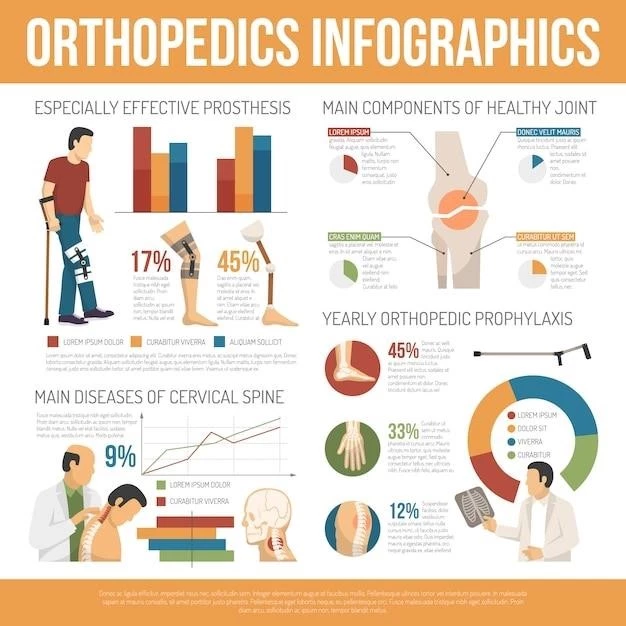The MILS syndrome, also known as Maternally Inherited Leigh Syndrome, is a rare genetic disorder affecting mitochondrial energy production․
Definition and Background
MILS syndrome, short for Maternally Inherited Leigh Syndrome, is a rare genetic disorder primarily affecting mitochondrial energy production․ It is characterized by a range of symptoms, from ataxia and retinitis pigmentosa to severe neurological manifestations, typically presenting in early childhood․
Genetic Mutations and MILS Syndrome
The 8993 T G mutation in mitochondrial DNA is associated with variable syndromes such as Maternally Inherited Leigh Syndrome (MILS)․
8993 T G Mutation in Mitochondrial DNA
The 8993 T G mutation in mitochondrial DNA plays a crucial role in the development of MILS syndrome, causing diverse symptoms ranging from neurological manifestations to retinitis pigmentosa, highlighting the impact of this specific genetic mutation on mitochondrial function․

Clinical Presentation and Diagnosis
Manifestations of MILS syndrome include a spectrum of symptoms affecting multiple systems, typically presenting in early childhood and requiring comprehensive evaluation for diagnosis․
Symptoms and Progression
MILS syndrome manifests with a spectrum of symptoms involving multiple systems, including neurological manifestations, ataxia, muscle weakness, and retinitis pigmentosa․ The progression typically leads to severe impairments in early childhood․
Differential Diagnosis of MILS Syndrome
The differential diagnosis of MILS syndrome involves distinguishing it from other mitochondrial disorders and genetic conditions with similar clinical presentations․
Distinction from Other Mitochondrial Disorders
When differentiating MILS syndrome from other mitochondrial disorders, it is essential to consider specific genetic mutations, clinical manifestations, and the age of onset, as MILS syndrome typically presents with distinct symptoms and progression compared to related mitochondrial conditions․
Treatment strategies for MILS syndrome involve a multidisciplinary approach focusing on symptom management, supportive care, and potential interventions to address specific clinical manifestations․
Treatment and Management Approaches
Treatment strategies for MILS syndrome encompass a multidisciplinary approach involving therapeutic interventions, supportive care to alleviate symptoms, and potential management of associated clinical manifestations to optimize patient outcomes and quality of life․

Research and Future Perspectives
Advancements in understanding MILS syndrome focus on genetic research, potential therapeutic targets, and innovative management strategies to improve outcomes and enhance the quality of life for affected individuals․
Advancements in Understanding MILS Syndrome
Ongoing research on MILS syndrome focuses on investigating genetic mutations, potential therapeutic targets, and innovative management approaches to enhance the understanding of this rare mitochondrial disorder and improve patient care․
